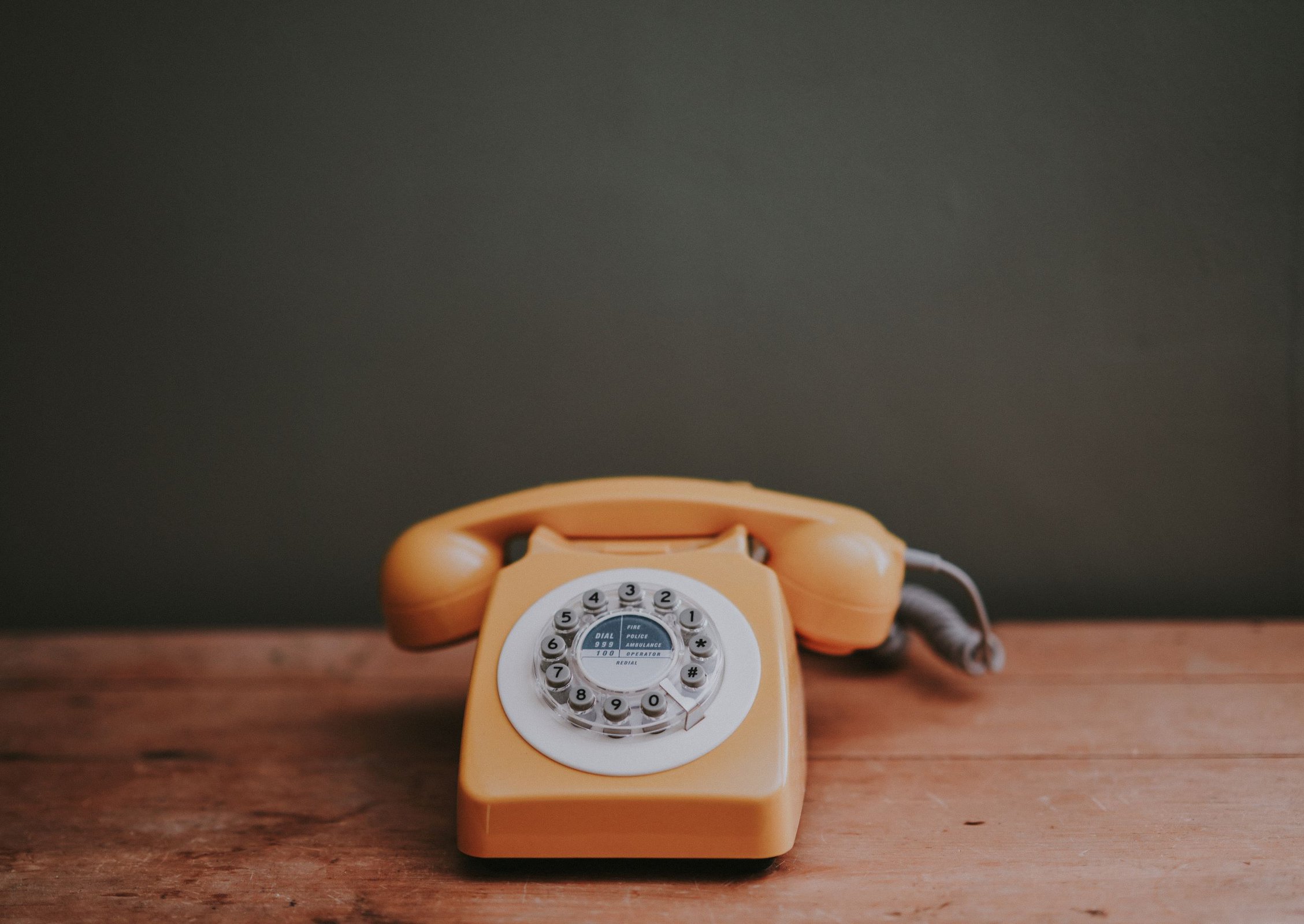DOWNLOAD The Auction Profit Blueprint
The 4 tools BIG organizations use every time to skyrocket auction profits!
The Step-By-Step Guide to stop leaving thousands on the table.

Max 7 min read
Everything you need to stay organized, boost your fundraising efforts, and make a difference.
Launch your charity auctions now
Keep all your fundraising efforts in one spot
Team up and make an impact
Use CharityAuctionsToday for FREE


Free training & 24 hour support

Serious about security & privacy

99.99% uptime the last 12 month
DOWNLOAD The Auction Profit Blueprint
The 4 tools BIG organizations use every time to skyrocket auction profits!
The Step-By-Step Guide to stop leaving thousands on the table.

